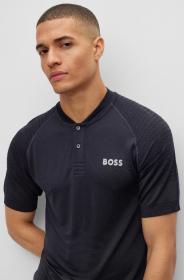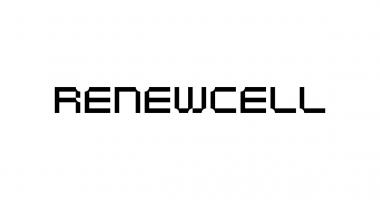Iluna Group returns to Interfilière
For the SS24 Iluna focuses on the most precious lightness and intangibility with its Ultralight series of jacquardtronic laces reminiscent of the delicacy of Leavers.
This season, responsible developments did not stop at responsible ingredients and processes; in fact, the company focused on the circular economy! The stylistic research started from the company's historical archive, to give life to a collection that revisits the proposals in a "modern classic" key.
The company's design team recreated the iconic designs of the line, the heart of the Black Label proposal, ILUNA's signature line offering the finest laces. Focusing on upcycling, the team reworked archival stocks, creating new value through finishings, and reweaving from scratch only the missing widths in order to present a complete, coordinated underwear/nightwear range from allovers to galoons.
For the SS24 season the Iluna team continues its developments with GOTS-certified organic cotton in its galoons and allovers, to add a natural touch to its Green Label line.
Among the ingredients chosen by Iluna Group are: Renycle® and Q-NOVA®, both GRS-certified pre-consumer recycled polyamide yarns in addition to the recycled stretch ROICA™ EF by Asahi Kasei. Among the new technical developments on laces, Iluna then worked on variable elasticity modules, resulting in reinforced edges or zones of differentiated elasticity that can be variously positioned within the laces.
All this results in a comfortable, ultralight product that remains true to a high value of creativity and responsibility. The option is applicable to all the Iluna laces, with modular solutions at the customer's request on fashion items as well, where research continues on FSC-certified pre-dyed viscoses and unexpected metallic gleams with lurex.
Moreover, the continuous path through the new dimension of responsibility continues in several directions: experiments with 16 different natural dyestuffs; and continued investment in technologies that can ensure significant savings in water and energy consumption, including GREENDROP, the new GOTS-certified digital pigment printing system.
From athleisure to fashion, through lingerie to the world of high fashion, Iluna's lace continues to expand its applications, confirming its extreme versatility, remarkable performance and inimitable beauty.
Iluna Group






























